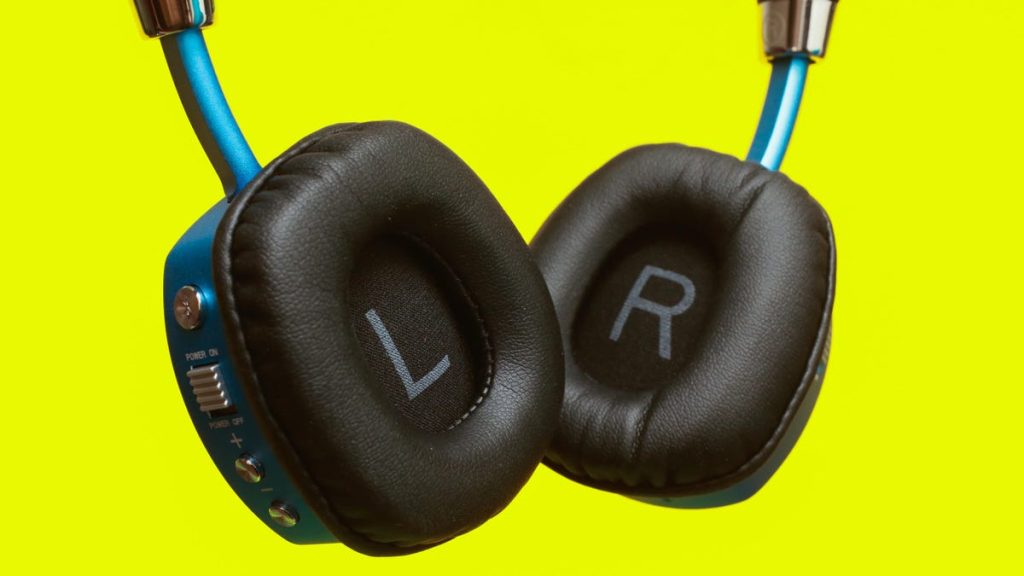The dominance of streaming platforms like Spotify and Apple Music has revolutionized music consumption, prioritizing convenience and access to vast libraries. However, this ease comes at a cost: users don’t own the music they listen to, making their access contingent on the platform’s continued operation and licensing agreements. For those seeking true ownership and freedom, purchasing music, either physically or digitally, presents a compelling alternative. Digital music stores offer a wealth of benefits, including permanent ownership of purchased files, instant downloads, and format choices ranging from space-saving MP3s and AACs to higher-quality, lossless FLAC and ALAC files. While physical media like CDs remain an option for those who appreciate tangible ownership and aren’t constrained by storage space, digital downloads offer unmatched convenience and portability.
Several prominent digital music stores cater to diverse musical tastes and preferences. iTunes, despite Apple’s current emphasis on Apple Music, remains a significant marketplace, setting the standard for lossy music downloads with its extensive catalog and AAC format. Bandcamp, now a part of Epic Games, stands out as a haven for independent artists and a strong alternative to mainstream platforms. It offers flexible download formats (MP3, FLAC, Apple Lossless), unlimited downloads, and regular “Bandcamp Friday” events that directly benefit artists. Amazon Music, particularly appealing to Prime members, integrates a limited streaming service, a music store for MP3 purchases, and automatic ripping of purchased physical discs. While its digital music homepage lacks visual appeal, its functionality remains robust.
For audiophiles seeking high-quality downloads, Qobuz shines with its focus on 24-bit hi-res audio, catering to diverse genres and offering competitive pricing. Its Sublime streaming package provides substantial discounts on hi-res downloads. Bleep caters to electronic and indie music enthusiasts, also offering a selection of 16-bit and 24-bit FLAC files at reasonable prices. While 7Digital once offered a promising selection of MP3s and FLAC files, its current status is uncertain following its acquisition by Songtradr, with the website remaining stagnant for several years.
Despite the streaming era, the MP3 market remains vibrant, with millions of tracks available for purchase and the number continuously growing. All the mentioned stores offer legal downloads to computers or directly to phones, with most providing dedicated Android apps. However, Apple’s restrictions may limit iOS users’ ability to purchase music outside of iTunes on their phones. The landscape of digital music stores continues to evolve. Google Play Music’s transition to the streaming-only YouTube Music eliminated its MP3 sales, but other platforms have filled the void, some even offering higher-quality lossless formats at comparable prices. YouTube Music, however, retained Google Play Music’s music locker feature, allowing users to upload their personal libraries.
Understanding the nuances of audio formats is crucial for informed music purchases. MP3, a “lossy” format, reduces file size by removing audio information, even at its maximum 320kbps rate. FLAC, a “lossless” format, compresses music without discarding information, akin to a ZIP file. This preservation of data results in superior sound quality compared to MP3s, especially those ripped at lower bitrates like 128kbps. Choosing the right digital music store and format depends on individual priorities and listening habits. For casual listeners primarily concerned with convenience and cost, platforms like iTunes and Amazon Music offer extensive catalogs and readily accessible formats. Discerning listeners seeking higher fidelity should explore platforms like Qobuz and Bandcamp, which prioritize lossless formats and cater to specific genres.
Ultimately, the decision to purchase music rather than rely solely on streaming empowers listeners with true ownership, ensuring their music collections endure regardless of platform changes or licensing agreements. The diverse landscape of digital music stores offers options for every taste and budget, providing a pathway to curate a personal library that can be enjoyed across devices and for years to come. While streaming provides undeniable convenience, owning your music provides a sense of permanence and control that resonates with many music enthusiasts. The continued availability of digital music stores and a variety of formats ensures that this option remains viable and accessible for those seeking a deeper connection with their music.

